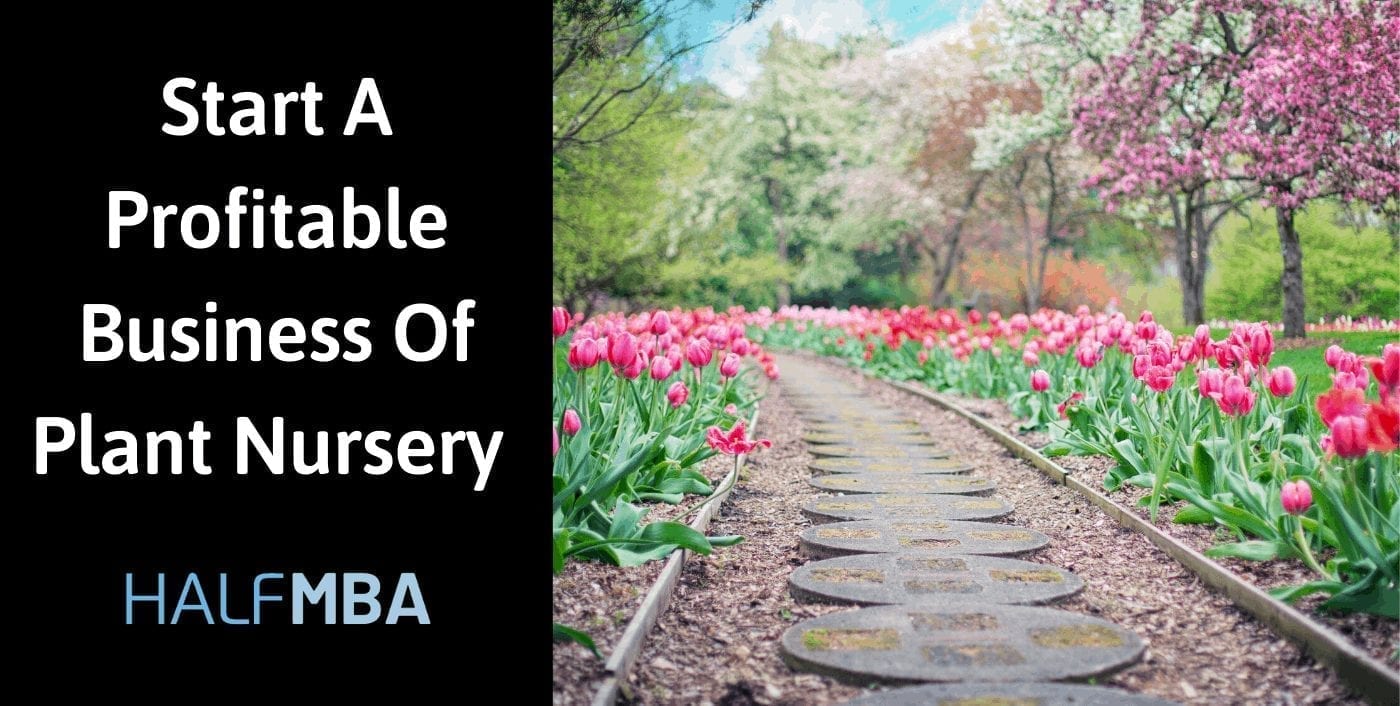Everybody likes to live a life in beautiful surroundings, but unlike old times, today we are just surrounded by buildings, automobiles, cemented roads, etc. that only contribute to making us feel disconnected with a touch of nature.
That is why people try to fill that hole in their life by planting little saplings, plants, and flowers around their house that makes the experience more lively.
Gardening is undoubtedly a fulfilling hobby and it also has various other merits that we can make a list of. With the ever-growing craze of gardening among people, plant nurseries have made significant progress as a profitable business idea.
Generally, people who plant saplings in their backyard, they do it for several purposes, like to get home-grown fruits and vegetables, to make their home look more lively, and also to just do it as a hobby. But gardening is not only limited to people’s homes. They are also of great value in offices and cafes, the only difference is, there it only fulfills the desire to decorate.
This is not it, with the significant progress in the gardening world, there are a variety of plants used to serve various purposes. Some unique species of plants are also used to represent social status, for example, Bonzi.
So now that you know the merits of gardening, I am sure you will be convinced that starting your own plant nursery makes a lucrative business plan. But now the question arises, what are the requirements? How you can start this business plan? And how you will sell your plants? Well, find the answer to your every question related to starting your own plant nursery in this article.
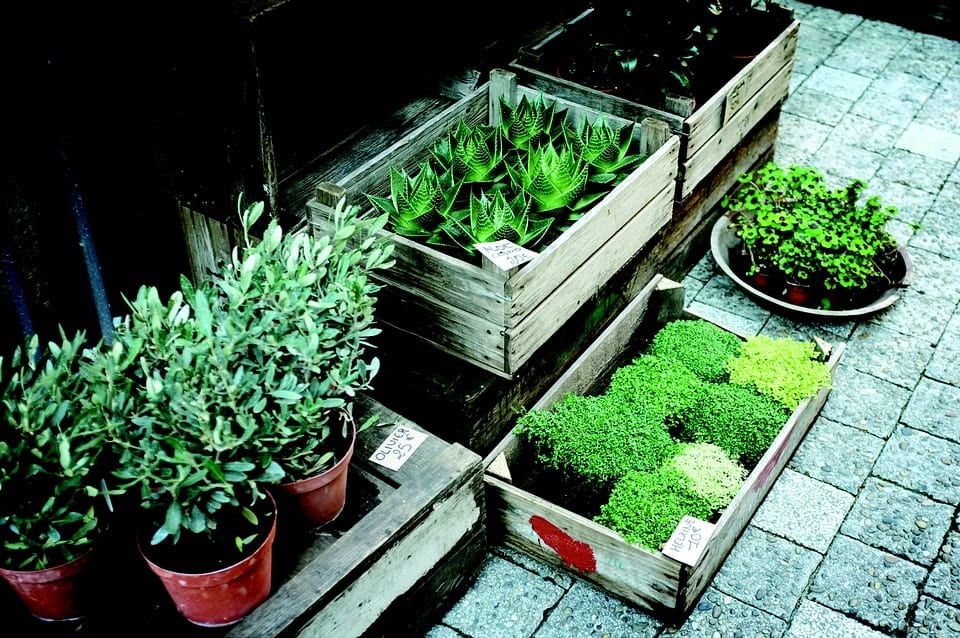
Contents
Requirements To Start Your Own Plant Nursery:
1. Land
This one is obvious, starting your own plant nursery will require you to have a land that you can use to plant the saplings. Some people would believe that plant nurseries can only be grown on agricultural land which is nutrient-rich. But this is not the case.
You can use medium soil with good water resources for this business idea and later add the nutrients. The way to make nutrient-rich soil will be discussed later in this article.
The choice of land you do in the present is going to affect your future expansion of the business so do it wisely. The location of your plant nursery must have good soil drainage and it must free from soil pathogens. If there is enough space available in your backyard you can start from that in case you are a beginner.
2. Soil Media
Even if your land is not fertile enough for the saplings to grow healthy there are other ways that you can opt for in order to make your plants grow healthy. It is important for the soil to be fertile for the successful germination of seeds. The plants should get proper nutrient supply, enough space for rooting, and adhesiveness in the soil to hold it.
Make sure your nursery has enough stock of black and red soil, sand, compost, sawdust, farmyard manure, sphagnum moss, vermiculite, and peat moss. The acidity of the soil should also be maintained so while planting, make sure the soil is between 5.5 and 6.5 pH. This will make the soil media more economical.
In order to buy all these ingredients to make the soil nutrient-rich, you can visit Indiamart. or you can also buy the readymade soil that keeps you from the hassles of mixing everything.
3. Chemicals and Fertilizers
To save your plants from getting infected with pest attacks you should use some pesticides, fungicides, insecticides, herbicides, etc. You will get these chemicals in the form of spray bottles typically and you will just have to spray it all over the plants. But don’t overdo it, also apply as directed on the product because it will only defeat the purpose of saving your plants.
Fertilizers are used as growth accelerators that induce the growth speed of plants. It helps in the healthy growth of the plants and also make them grow with great speed. Organic manures and chemical fertilizers are used for this purpose.
The availability of chemicals and fertilizers is extensive. You can even buy the products online. There are various online stores that sell it, one of them is Nursery Live.
4. Nursery Tools
The tools that you are going to need for watering, grafting and other activities related to planting are, watering cans, scissors, crowbar, digging forks, grafting knives, germination trays, grafting tape, spades, pushcarts, little storage units if you’re planting separately, etc.
You need to make sure that the tools are relevant, do not compromise on the quality as it could lead to stem and root damage. These products are made available in every local market, if not that you can find them online at, Amazon.
5. Machinery and Equipment
One may think that machinery has little to no connection with plant nursery but the truth is, you are going to need machinery and equipment for various purposes like container filling, transporting, potting media filling, watering on a large scale, etc. They are used to reduce manpower, to cut downtime and make it more cost-effective.
6. Manpower
Not everything can be replaced by a machine therefore plant nurseries have a scope for labor-intensive activities that require manpower. This includes planting, spraying pesticides, irrigation, pruning, weeding, etc. When your business idea of plant nursery would actually be growing, you will need employees for managing, making the required things available, marketing, etc.
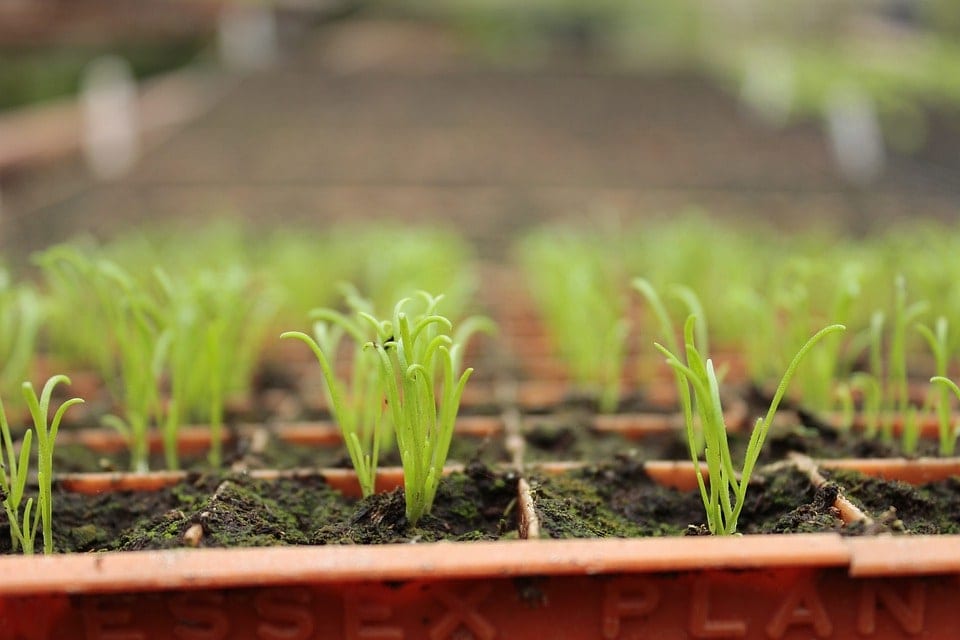
Planning and Scheduling
As easy as it sounds, starting your own plant nursery requires doing plenty of tasks. And everything should be done with timely execution in order to ensure the quality and propagation of seedlings. Below given is the step-by-step procedure for starting your own nursery.
1. The first step in starting a plant nursery is the extraction of seeds. The seeds should be extracted without being destroyed from a fully grown fruit for the harvesting of seeds.
2. The next step is using those extracted seeds for plantation. The seeds should be sowed in seedbeds or germination trays for their future growth. This step should be done carefully in a cool environment.
3. Now as the sowed saplings become young saplings they should be transferred to the little storage units or whatever you are using for planting the saplings. Most people use polybag pots. The transfer of the young saplings should be done at a safe transplanting stage.
4. The mother plants that were used for the seed extraction should also be maintained. It is used for seasonal propagation.
5. After these steps, now it is time to do careful maintenance of the saplings. They should be sprayed with pesticide solutions, timely application of fertilizers and watering, etc.
6. As your plants show some significant growth you should keep a track of everything, like what makes them grow faster and what are the required elements in the soil, and also should take careful note on which season is best for growing which species of plants.
7. Now that everything is done, your plants are ready to be sold. And repeat this process again and again to grow more plants.
Types of Plant Nurseries
Plant nurseries are classified on the basis of the kinds of plants that get planted in them. Basically there are five types of nurseries depending on the species of plants, they are vegetable nurseries, fruit nurseries, flower nurseries, medicinal and aromatic nurseries and lastly, forest nurseries.
1. Vegetable Nurseries
As the name suggests, vegetable nurseries are grown for getting vegetables. There are different species of plants that can be grown in nurseries like sweet potato, potato, bottle gourd, drumsticks, alocasia, carrot, coriander, radish, spinach, cabbage, cauliflower, capsicum, peas, tomato, brinjal, chili, okra, bitter gourd, pumpkin, french beans, bush beans, onion, etc.
2. Fruit Nurseries
Fruit Nurseries require a great deal of attention, they serve the purpose of getting fruits. Plant species like Mango, Guava, Pomegranate, Sapota, Oranges, Common fig, Mulberry, Jack fruit, lemon, Indian almond, banana, papaya, custard apple, Indian sweet lime, dragon fruit, coconut, etc can be grown in fruit nurseries.
3. Flower Nurseries
Flower nurseries are also referred to as ornamental nurseries. Gladiolus, carnation, roses, lilies, Asters, Marigolds, Salvias, Tecoma, portulaca, Wedelia, Jasmine, hibiscus, miniature roses, etc. are some examples of flower nurseries.
4. Medicinal and Aromatic Nurseries
With the development of Ayurveda in the medicinal world, medicinal and aromatic plants have made significant progress over the course of time. There are various plants that are used for medicinal nurseries like aloe vera, lemongrass, Byrophyllum, sagargota, curry leaves, vasaka, vetiver, costus igneus, etc.
5. Forest Nurseries
Forest Nurseries consist of seedlings that will grow into a little version of trees that are found in the forest. In forest nurseries, the forestation of seedlings like pine, oak, teak, eucalyptus, casuarinas, etc is done.
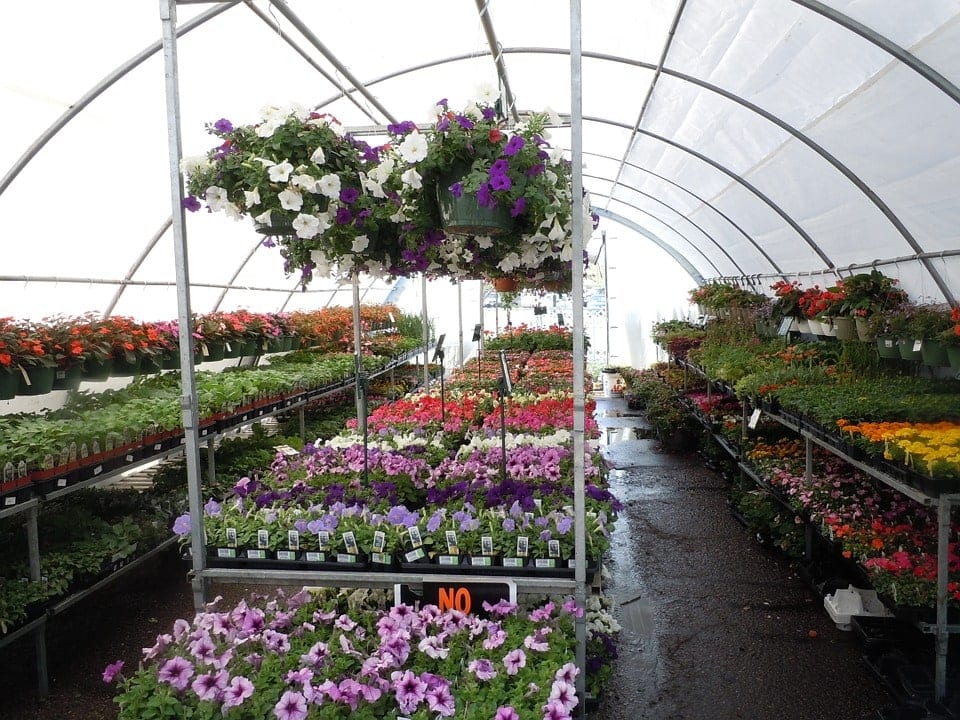
Types Of Sale In Plant Nurseries
There are a number of ways in which nursery plants are sold. On the basis of that, they are broadly classified into four types, retail nursery, landscape nursery, commercial nursery, and mail order nursery.
1. Retail Nursery
Retail Nurseries are developed with the intention to sell the plants to people for their homes, offices, decorative uses, etc. They are only for retail sales.
2. Private Nursery
The private plant nursery is exclusively for one client. The nursery could be owned by a particular person for his own use or it could be for selling the plants to one specific client.
3. Commercial Nursery
Commercial Nursery is done on a large scale, they have an extended area where they can grow. Usually, they are used for selling it to florists, garden centers and departmental stores. They could be limited to growing a specific species or could have a general selection of everything.
4. Mail Order Nursery
Mail Order Nursery, as the name suggests, is the form of selling the nursery plants through mail order. No matter how far the customer is, the mail-order nursery plant is sent to the customer through shipping.
Legal Authorization for Starting Nursery Business
Business plans need some licenses and permits from the legal authorities to proceed. In India, if you are starting your own plant nursery business you will need the following license and permits:
- Land Permit- To set up a commercial unit, you will need a land permit by the local authority of your city. You can find the municipal corporation link of your city here.
- Agriculture License- Since nursery plantation comes under agriculture, you will need an agriculture license. You can check this government website for procedures.
- You may also need to get your nursery inspected by local government authority.
- Permission to use electricity for commercial use is done by the local authority of your city.
Marketing Strategies For Plant Nursery Business
Like any other business plan, Plant nurseries too require some marketing strategies to spread its wings. Following are the ways that you can use to spread your nursery business:
1. Newspaper Advertisement
A newspaper advertisement is an old and traditional way of marketing. You can publish your business in a local newspaper to spread the word.
2. Door-to-door Campaigning
This involves visiting nearby flower shops and various others that use plants and letting them know about your nursery. You can also tell them about various discounts so that they consider giving you a chance.
3. Contacting Big Clients
This means contacting the people that have great use of plant nurseries. For example, if you have a flower nursery then you should get in touch with wedding planners who will need flowers for ornamental purpose and the same goes for other kinds.
4. Creating a website
A website will also help you with the marketing of your business plan. But you can skip this step if you are just beginning. However, WordPress provides you a great platform for creating a website in a small budget.
5. Social Media
Social Media has numerous platforms that will help you with your business. like facebook, Instagram, and other social media platforms serve that offer special profile option for business use will help you with your motive.
6. Google My Business
Google My Business is a great way to list your business online. You will just have to link on the given link to apply.
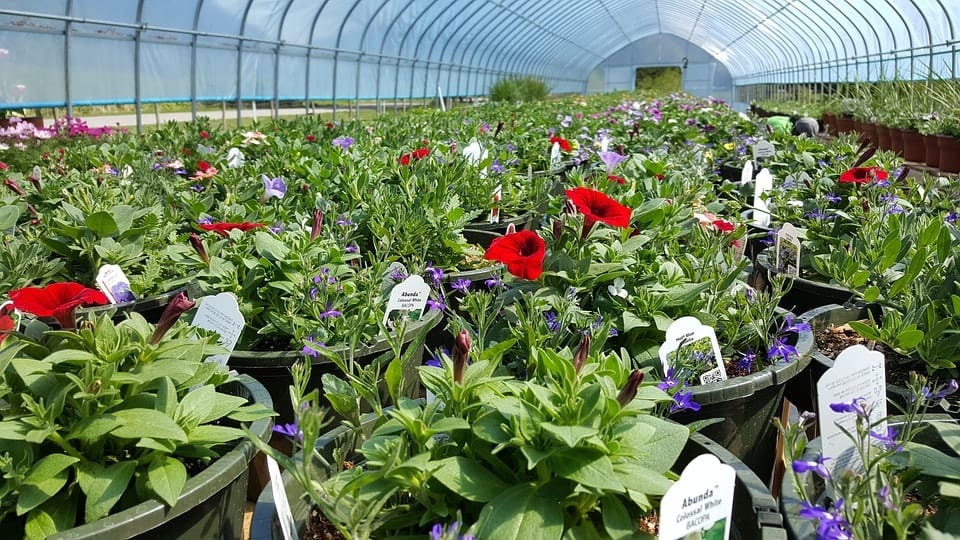
Conclusion
With the ever-growing demand for gardening, plant nurseries have made significant progress over the course of time and it has established itself as a profitable business plan. The competition is always higher than before in any kind of business plan, but your only concern should be quality and then everything will fall into its place.
we would be happy to resolve your queries. Do Comment..!!!!!

